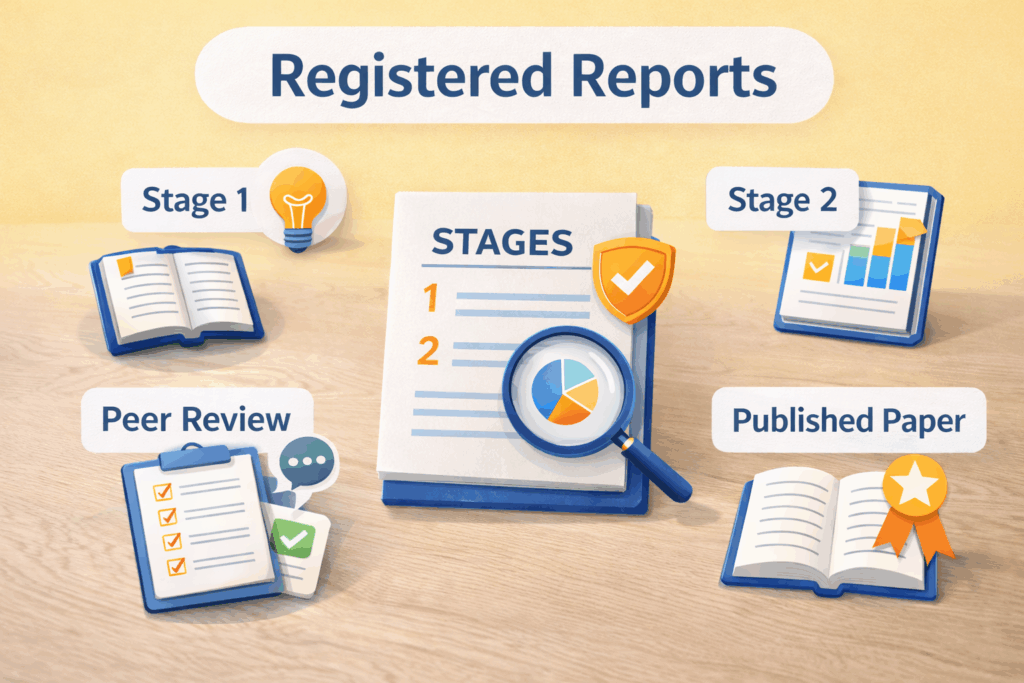Publishing in Med School? Med Students, Here’s Why It Can Be a Smart Move

Between rounds, exams, and trying to remember what sleep feels like, publishing might sound like one more impossible task on an already full plate. But for med students, it’s not as out of reach as it seems, and it might just be one of the most rewarding things you do during your training. Whether you’re aiming for a competitive residency, exploring academic medicine, or simply curious about research, getting a paper published can sharpen your thinking, grow your confidence, and open unexpected doors.
It can supercharge your residency application
Residency applications are highly competitive, and they get tougher every year, especially in certain specialties. Having research publications on your CV can show decision-makers that you can follow through on complex projects and are actively building knowledge in your field of interest, strengthening your application. For example, a study of students who matched into the top 50 urology residency programs (2021–2023) found that, on average, they had 3–4 PubMed-indexed publications, including at least one first-author urology paper. Even if you’re not aiming for a highly competitive specialty, research publications are among the key factors that can move the Match needle. In a 2024 national survey of U.S. program directors, 41 % said they often use an applicant’s research output when deciding whom to interview, and nearly 30 % weigh it again when building rank lists. Directors saw research experience as a marker of intellectual curiosity, critical thinking, and initiative, especially in competitive fields.
Publishing early can set you up for long-term success
Publishing in med school isn’t just about looking good on your residency application; it can also shape your academic path well beyond that. Research shows that students who publish early are more likely to keep publishing later, even during busy residency years. For example, a 2023 study of plastic surgery residents found that each publication during medical school was linked to a 15% increase in first-author output during residency. In other specialties like ophthalmology and radiation oncology, students who had at least one paper before graduation continued to publish at much higher rates five years later. And you don’t have to start with a major journal either. A study of New Zealand med students found that those who published in a student journal were significantly more likely to publish again, pursue higher degrees, and enter academic careers, highlighting how early effort counts, even at the student level.
Develop essential communication and critical thinking skills
Publishing a paper is more than just about writing paragraphs; it is also a way to develop critical thinking skills—not just about data, but about how that data fits into clinical decision-making. It trains you to ask insightful questions, analyze results, and communicate findings effectively, which are all essential skills for modern medical practice. A 2023 review on research in medical training highlights that engaging in scholarly activity can help future physicians build skills in critical thinking, evidence appraisal, and lifelong learning. These aren’t just academic boxes to check; they’re core to the kind of thinking clinicians use every day.
Publishing can open doors to a future in academic medicine or research.
If you’re considering doing a PhD or pursuing research fellowships, publishing can be a valuable early step. Having publications can not only showcase your writing and research skills but can also give you experience with the publication process including peer review, which can be helpful further in the research career. Publishing can highlight your interest in research, and your ability to contribute to it, follow through, and build a scholarly track record early on. One study that tracked graduates who had published in a medical student journal found they were significantly more likely to go on to publish in peer-reviewed journals and pursue doctoral degrees and academic careers.
Conclusion
While there are advantages to publishing as a medical student, no one can say it is an easy process. With the right strategy, it can turn out to be worth the time. Medical students interested in publishing can start by choosing the right type of publication for their time and interests, finding a supportive mentor, and being realistic about authorship and journal choice. Furthermore, persistence matters—rejection is common (even for senior, experienced researchers), but revising and resubmitting can still lead to valuable experience. Whether you’re aiming for a standout application or testing the waters of academic medicine, publishing helps you grow in ways lectures and rotations don’t always cover. You don’t have to do it perfectly—you just have to get started.









